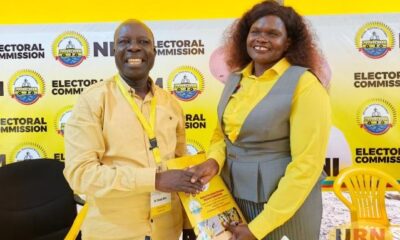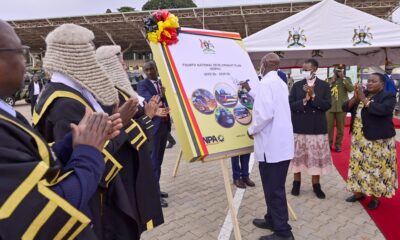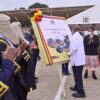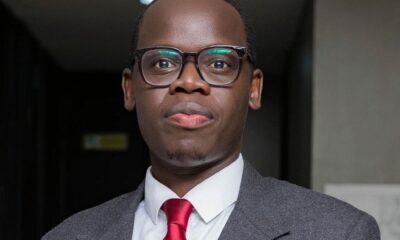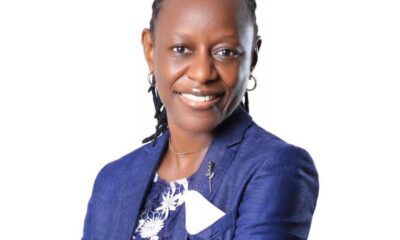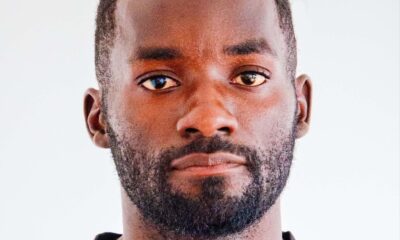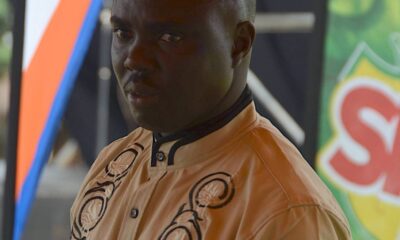News
Amend laws to remove political parties, bring back individual merit
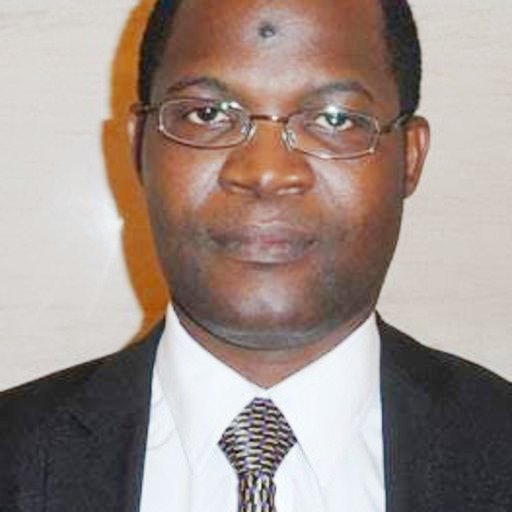
Justice Redson Kapindu
Sometime next year, five Malawi constitutional judges will formally be presented with the London 2020 Chatham House Prize in recognition of the “courage and independence in the defence of democracy”. It is about their historic February 2020 ruling that annulled the Malawi May 2019 poll.
Justices: Healey Potani, Ivy Kamanga, Redson Kapindu, Dingiswayo Modise and Michael Tembo, nullified the presidential poll that had declared President Peter Mutharika, the winner and sworn him in as president for the second term. The citation for the award is: “At a time when standards of democratic governance are under threat, not only in Africa, but in many democracies, the judges set an example for their peers across the world, by upholding the centrality of the rule of law and separation of powers.” This is despite the electoral fraud, high-level bribery attempts, and blackmail and death threats.
Fake announcements by many Africa’s election commissions in favour of the parties and leaders in power have taken place in innumerable counties in elections that had neither been free, fair nor credible. With the current practice and “democratic” institutions, it means Africa will keep on oscillating on the swing of bogus elections.
There is need to change the constitutions and reconstruct the political, legal and administrative institutions that have been in place since the Colonial hand-overs.
The initial thing will be to take cognizance of articles in the constitutions that tend to favour divisions and partisanship. One such is the institution of political parties as the vehicles to garner political power for leadership. Parties are obviously divisive; and this incongruence is enshrined in the constitutions.
Early on in the exercise of local leadership, Uganda came up with the notion of “Individual Merit”. To adopt this in the Ugandan political context would mean that the 1995 Constitution has to be amended to remove the articles on political parties. So, how would it work in practice?
In all the tiers of presidential, Parliamentary, or local elections, it would be incumbent for the contestants for power to present themselves to the electorate as individuals, standing on the basis of their own character and integrity; they should not hide behind the amorphous presence of a party whose conduct, financing and other attributes are unverifiable. In other words, if a person wants to stand as president, MP or County chief, he goes in his/her name and standing.
The argument that it would give rise to many contestants is a bonus for democracy. Then, the number is weeded down until one person gets 51% of the popular vote. And so the people will regard him/her for integrity, acumen and validity of the policy and intended practice he/she will bring to leadership.
Also, the term of the presidency be weeded down to two; first one of four-year; and the second, for three-year terms. The logic here is simple. If you take the process for constructing a road, the planning and start of implementation, roughly takes four years. And if the person is to win a second term then, the three additional years would be enough for the person to complete their programme.
It would be even better for the practice in Parliament; there would be no caucuses, which are basic areas for gerrymandering the citizen’s lives. Any agreements among the various constituencies would be specifically in the interest of their areas, which would be patterned by agreements in other subsequent areas. And so this would lead to all-round development as it would be replicated in the lower levels of administrative control.
One very contentious issue is the practice of the electoral commissions. In the present form of governments, having an “independent” electoral commission, is a pipe dream. A party in power, where corruption is rampant, will not cede the conduct of elections. It does not matter where you go. This was ably demonstrated by the Democratic Republic of the Congo (DRC) where the election turned into a farce, despite the intervention of the United Nations, the African Union and the influential Catholic St. Egidio.
So, what to do? The answers may lie in the judges and the African Judiciary, if they start to take their professional conduct, intellectual and moral bearing on their judgments, seriously. Many of them would do this to save their standing among the peers of their profession. This however, may not be enough to deter the demonic political powers.
It is necessary that the electoral commissions be corams of judges, who sit at the pinnacle of the commissions. Other institutions would be mandated to do the balloting. This will inspire a culture of integrity and patriotism to take root. Once the commanding heights of legal and moral authority have been established, many other facets of proper democratic control would be achieved.
Take cognizance of the staying power of the US democratic institutions amid the onslaught of the devilish Donald Trump.
szumuz@yahoo.com
Comments







